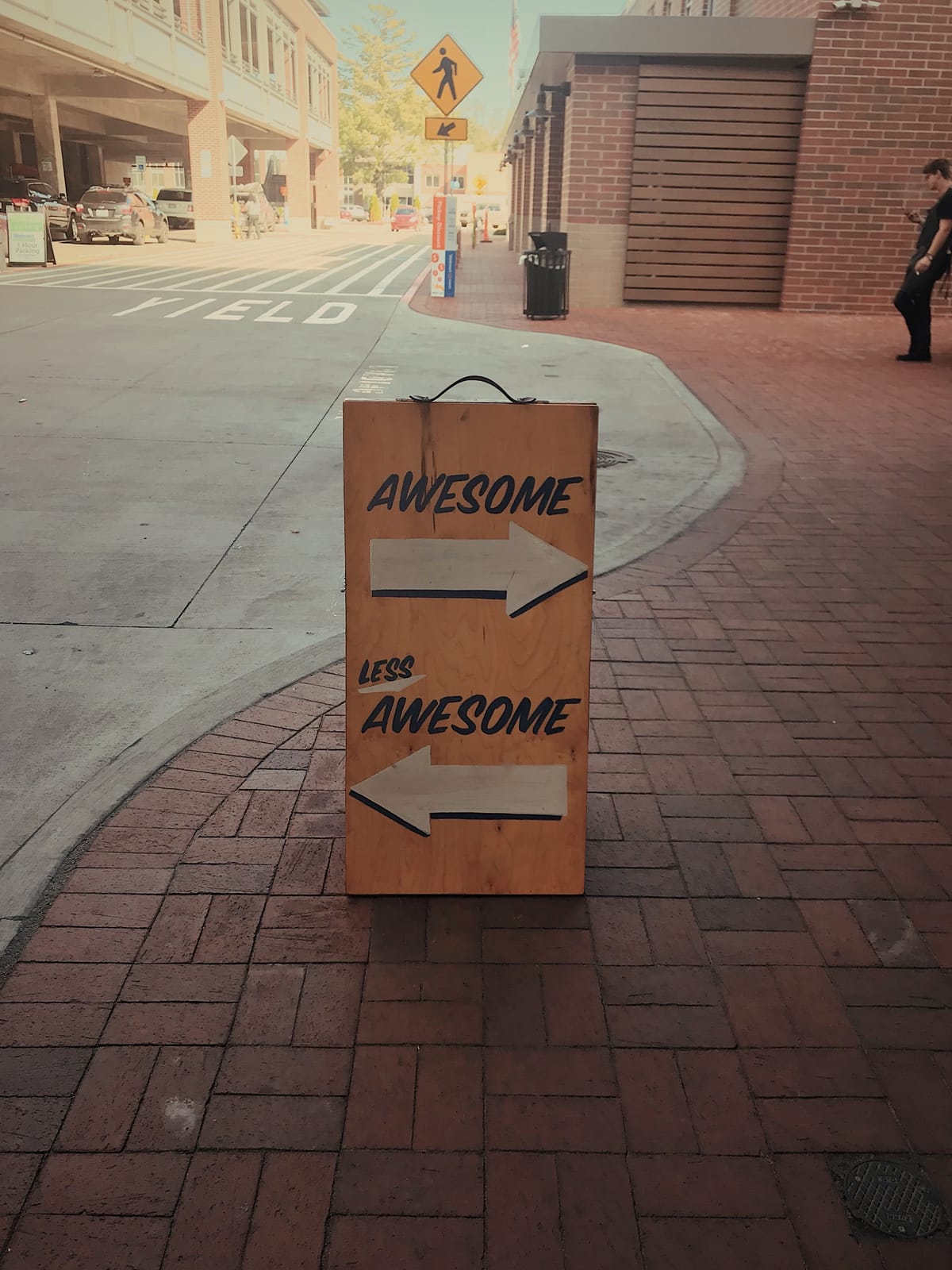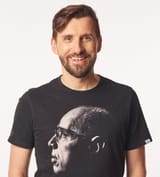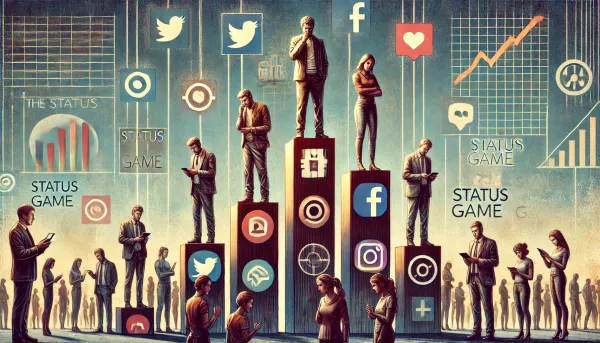Career choices
What is your next move? At some point in career it is more lifestyle choice than career one. What you often forget?

In the last few months, I had a couple of conversations with people looking for a career change or direction at a different stage of their career. Last week, I participated in few job interviews (as a hiring person, not hired). I had a few thoughts after those meetings, and it might be good to share them here.
#1 - At some point, it is more about lifestyle choice than a career choice
You were looking for a career choice to learn something new, develop a new skill, or change the environment. Earlier in the career, those are the main driver for a change. Later in the job, but nowadays even at its early stage, one of the main factors become a lifestyle choice.
Simple example: This week, I interviewed a person in a mid-career stage. Good job, good company, and all the boxes were ticked. Why was he considering the change of position? His company is looking to get back to the full, on-site office schedule. After over a year of working from home, he is not willing anymore to spend 2hrs+ every day on commute.
A lifestyle choice.
It doesn't have to be about a commute and the office. It might be about your willingness to travel or how much time you spend working vs. not working. It might be your preference on hours (you prefer to work night shifts) or ability to travel. I interviewed someone who looked for a job to allow him to work while riding a motorcycle in Asia.
It might be your willingness to take risks of being without a job for a while for greater freedom or have peace of mind of full-time employment.
It is good to have an answer for yourself what is your preferred lifestyle choice and if what you do and how you do it supports it.
If the answer is not, is it something that suits you at this stage of your life, or if not, what has to be changed to support it?
#2 - There will be a moment of choice of who you want to be for the future. It is a hard one.
If you come as I am from a technical career, a good chance is that you developed it around some part of technical expertise. Then a world change, and you adjust. Take a new skill, learn, re-skill to the new platforms. That's the cycle, we strive to be up-to-date with what is going on in our industry.
It isn't unique to our industry; the pace of change seems to be faster (not always is), but the same applies to all industries and careers in it.
There will be a moment where you will face a choice - jump on the next technology change train, re-skill, get new certifications, etc., or maybe answer a question, "What man do I want to be?". Am I still a technology expert, or I'm more business, team, or project manager.
It requires an honest discussion with yourself. The worst situation is if you don't want to be in this place anymore, but you will stick to it because of change-related fear. It is a straight path to burnout in the long term - you will be doing what you do, getting new certifications, and doing more advanced projects, but you will not enjoy it.
It is good once in a while to sit with yourself and ask if it is a place you still want to occupy in the world. What helps is the realization of few things:
- None of this is permanent or final. You can make a change again or revert it if you don't like it.
- It is something new, so you don't have to be perfect in whatever you decide to do from day ONE. Give yourself time and set expectations around it.
- Only expectations you think you have to meet are set by yourself. The world doesn't pay that much attention to it.
From personal experience, I know this choice is hard. I had to make it, and I did it. I'm not that deep technical anymore (but well, I still can lift few heavyweights in technical space), and I don't have a problem with admitting it.
From my observation, a lot of people struggle with their daily reality because they haven't asked themselves and answered those two questions:
- What is the preferred lifestyle they want to have?
- Are they in the position they want to be in this moment, or do they stick to what they build over the years?
Having an answer to both helps make decisions around your career and life.




